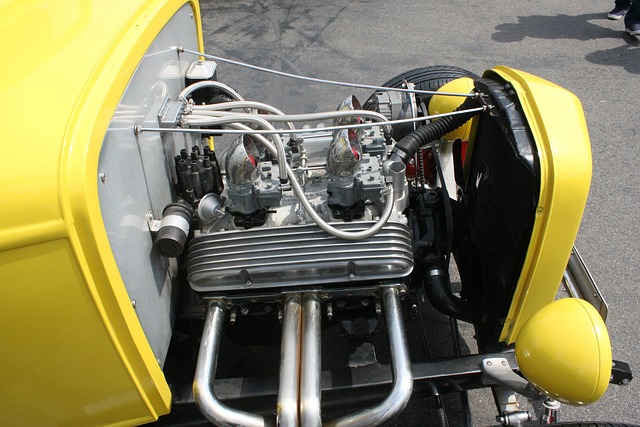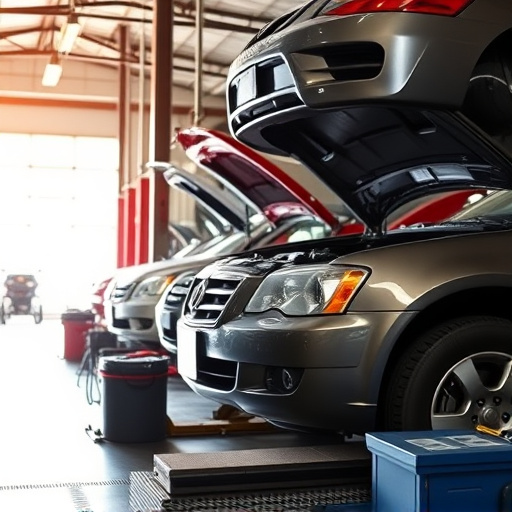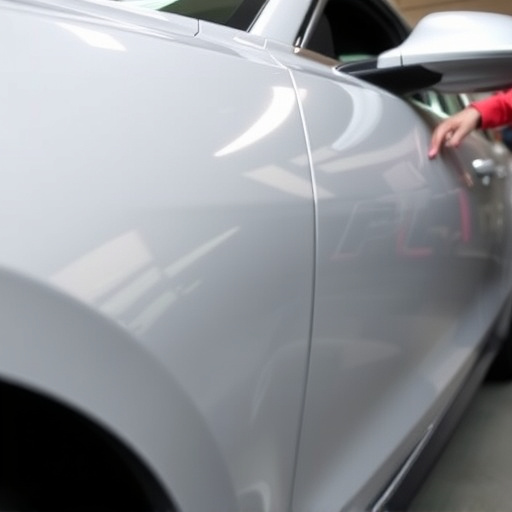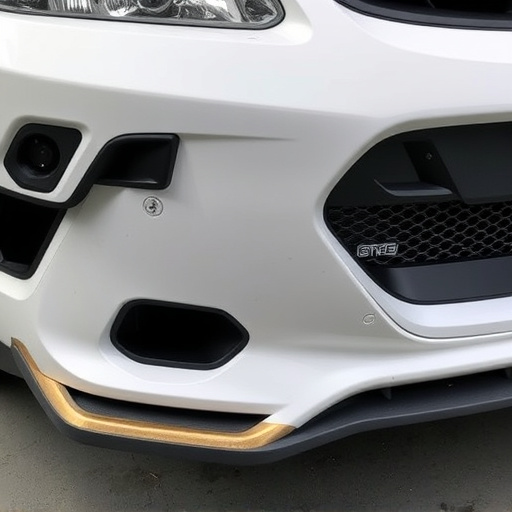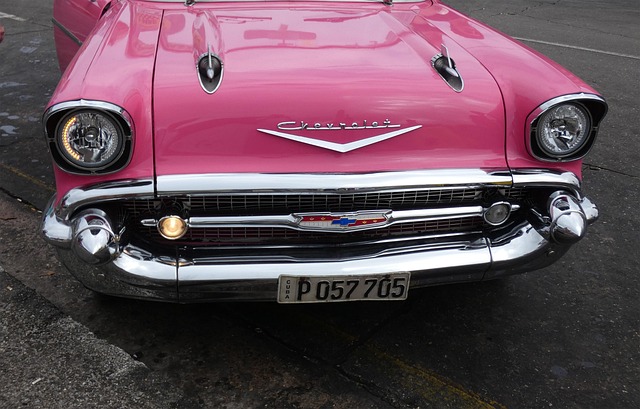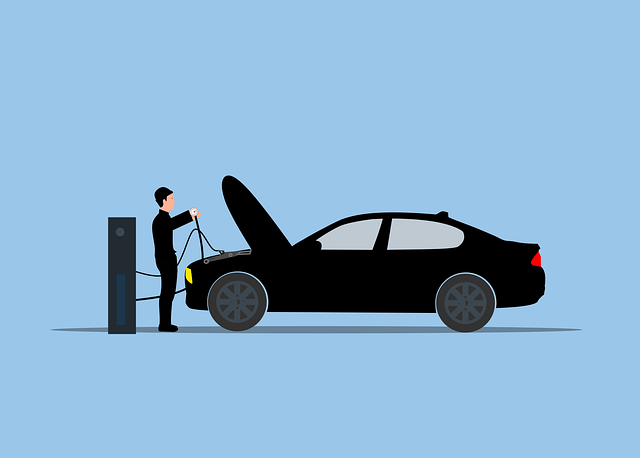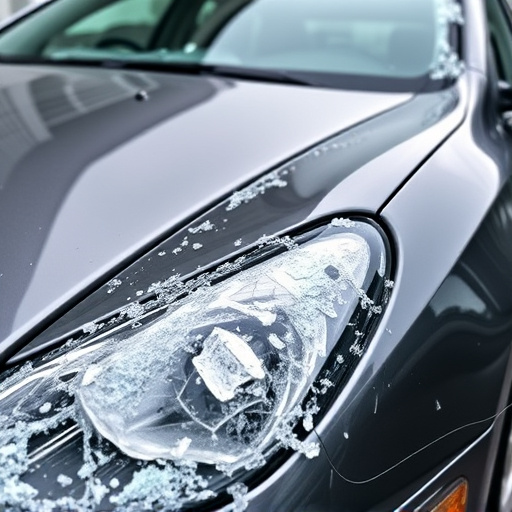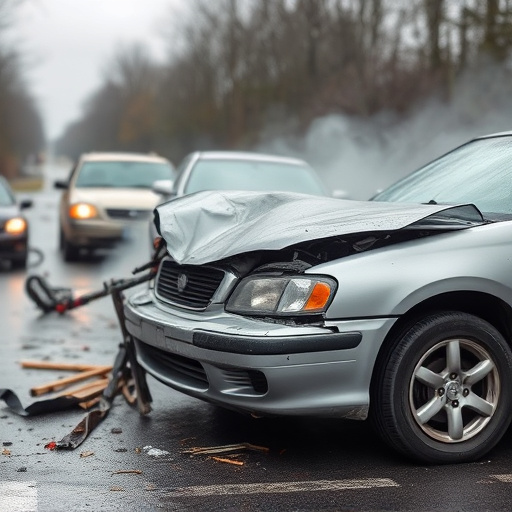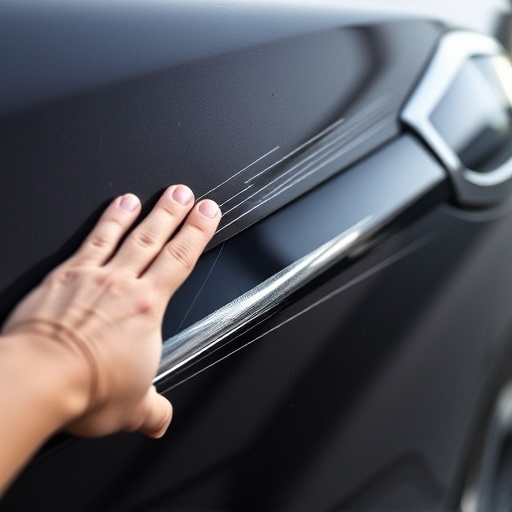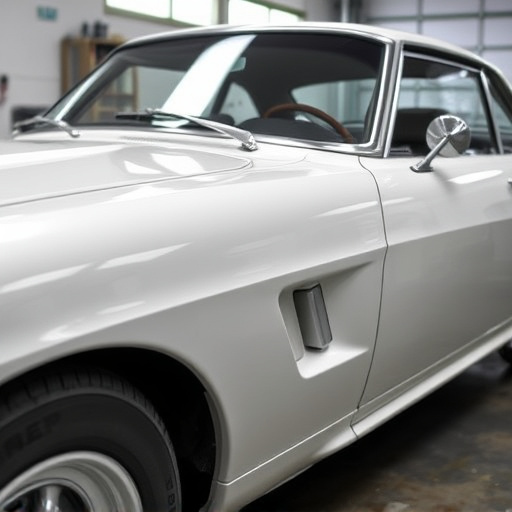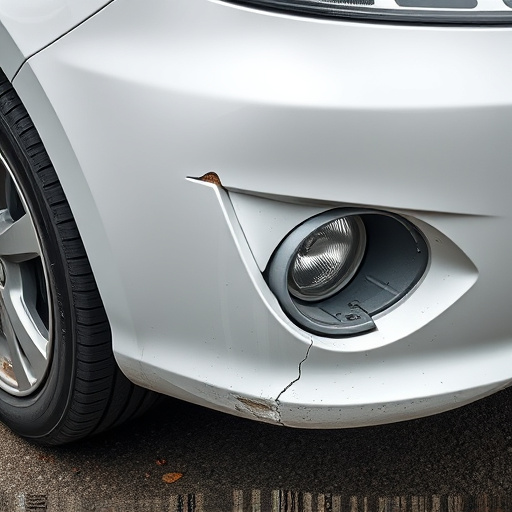DIY car collision repairs might seem like a cost-saving option, but without professional tools, training, or expertise, results can be subpar. Complex tasks risk damaging structural integrity and safety. For major collisions, expert automotive body shops with resources for quality and precision are recommended. Simple cosmetic fixes, however, can be handled by DIY enthusiasts for both skill development and cost savings.
When your car suffers a collision, the choice between DIY fixes and professional repair is crucial. While DIY repairs can seem appealing for cost savings and control, they come with significant risks and potential long-term damage. Professional car collision repair offers expertise, specialized equipment, and quality guarantees that DIY methods simply cannot match. This article breaks down the pros and cons of both approaches, focusing on advantages like expert knowledge and transparent pricing in professional services, while highlighting the dangers and hidden costs of attempting repairs yourself.
- DIY Fixes: Pros and Cons
- – Advantages of do-it-yourself car collision repair
- – Disadvantages and potential risks of attempting DIY repairs
DIY Fixes: Pros and Cons
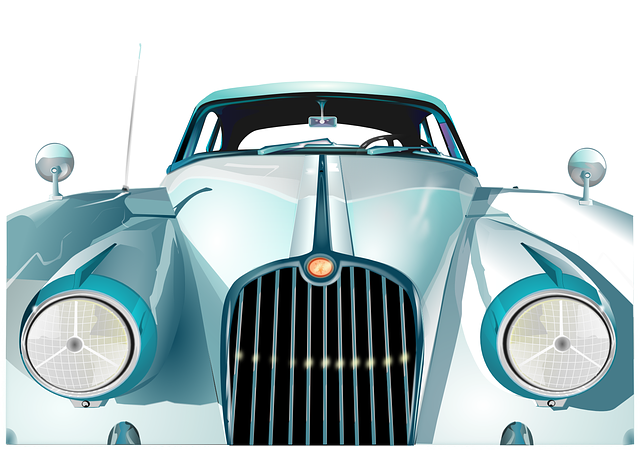
DIY Fixes for car collision repair can be tempting due to their cost-effectiveness and perceived simplicity. Many enthusiasts believe they can save money by tackling minor dings, dents, or scratches themselves using online tutorials and DIY kits. The pros include learning a new skill, avoiding shop fees, and controlling the entire process from start to finish. However, DIY auto body work often falls short of professional results, especially for complex repairs.
The cons are numerous: limited access to specialized tools and equipment, difficulty achieving precise measurements and angles, potential long-term damage if not done correctly, and the risk of compromising the car’s structural integrity. While DIY fixes might be suitable for simple cosmetic issues, most car collision repairs require expert knowledge and precision, which cannot be guaranteed without proper training and an automotive body shop’s resources.
– Advantages of do-it-yourself car collision repair

DIY car collision repair offers several advantages for those looking to save costs and learn new skills. It’s an attractive option for folks who enjoy hands-on projects and want to take control of their vehicle’s maintenance. One of the key benefits is financial; by fixing small issues like fender repairs yourself, you can avoid hefty professional fees for collision repair services. This approach allows car owners to allocate their resources more efficiently, especially for minor damages that don’t require complex bodywork services.
Additionally, DIY methods provide an opportunity for personal growth and a deeper understanding of your vehicle’s mechanics. Many car enthusiasts find satisfaction in mastering basic collision repair techniques, which can enhance their overall automotive knowledge. However, it’s crucial to assess the scope of the damage; while simple fender repairs are feasible for those with the right tools and guidance, more extensive collision repair work may be best left to professionals who have access to specialized equipment and training.
– Disadvantages and potential risks of attempting DIY repairs

Attempting DIY car collision repairs might seem appealing due to cost savings and perceived control over the process. However, there are significant disadvantages and potential risks involved that cannot be overlooked. Without specialized tools, training, and expertise, making do-it-yourself attempts at frame straightening or vehicle dent repair can lead to substandard results, compromising your car’s structural integrity and safety.
Moreover, DIY repairs often lack the precision and quality control of professional vehicle repair services. Improperly executed fixes may not only fail to address underlying issues but could also cause further damage, necessitating more extensive – and expensive – repairs down the line. It’s crucial to recognize that car collision repair is a specialized field, and leaving it to professionals ensures your vehicle receives the best care, maximizing safety and longevity.
When deciding between DIY fixes and professional car collision repair, understanding the pros and cons of each approach is key. While DIY repairs can save costs and offer a sense of accomplishment, they also come with significant risks, including potential safety hazards and long-term damage. Professional services, though more expensive, ensure high-quality work, proper safety protocols, and warranty coverage. Given the complex nature of modern vehicles and the risk of further damaging your car, entrusting your collision repair to experts is often the smarter choice for both peace of mind and long-term vehicle health.

